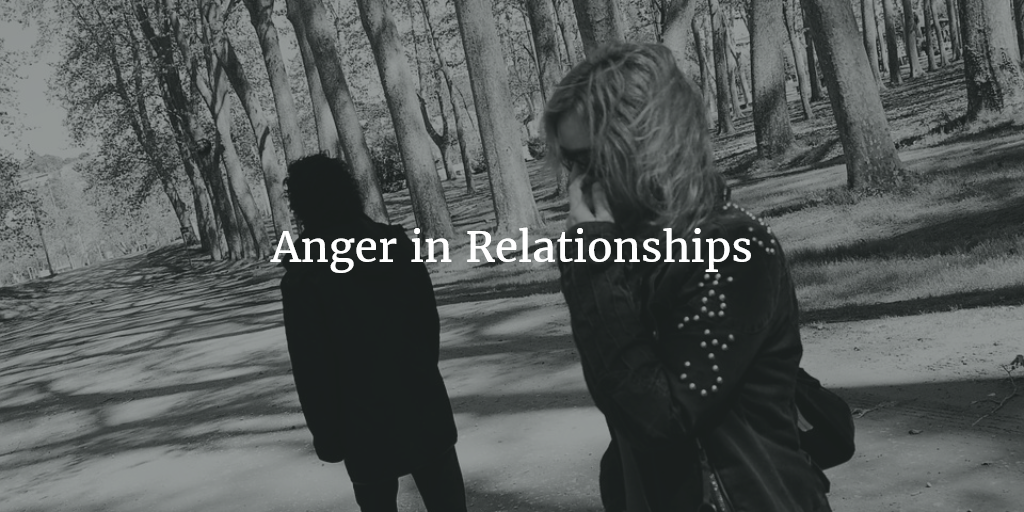
Shame is an insidious force that lives inside all of us and is often associated with secret wrongdoing. Our worst fear is that we will be publicly humiliated, but even the fear of this possibility can be shameful. Shame thrives on secrecy and silence. We know what it is to feel ashamed yet, normally, we do not feel that we suffer from shame. Shame that is not acknowledged and processed can have devastating effects on our lives, our relationships and careers. In extreme cases, it can lead to addictions, such as alcohol, drugs or overeating, which can perpetuate the feelings of worthlessness.
So, what is shame? And how do we deal with it?
Definition
Shame is a painful feeling that is a mixture of regret, self-hate and dishonour.
One can feel shame because of our own or someone else’s behaviour. Sometimes shame is inherited or passed down in a family.
When we feel shame, we want to become invisible, to disappear. “I wish the ground would open up and swallow me!”. We may become angry or resort to self-blame.
Shame and Guilt
Although often used interchangeably, shame and guilt are different. Guilt focuses on the act. In the case of guilt, I might think: “I did something wrong, I should not have done that!”. Shame focuses on the person rather than the act: “I did something wrong. I’m useless”.
We do not want to share our shame because this feeling limits our ability to connect. We feel that there is something bad in us that cannot be exposed or shared with others. We fear that revealing this vulnerable part of us, especially to those who are important to us, would lead to being humiliated and excluded. Therefore, we pre-empt this unbearable feeling by excluding ourselves, by being insignificant, invisible, by avoiding any situation where we may be reminded of our shame.
Origin of Shame
Shame is often rooted in childhood experience. Its beginnings occur in infancy
when there is a lack of connection between the child and her mother.
This can happen when the mother is ill or depressed and unable to respond to the
her baby. She may view the child’s demands for attention as annoying and that the child is being difficult. This can result in the child feeling that her needs are too much, unacceptable and should be hidden.
Recognising Shame
Shame survives by remaining hidden. We can suffer from shame without being aware of it. One sign of shame is the feeling that we are not enough, that we are never good enough.
Another way of checking if we are affected by our shame is by examining the way that we talk to ourselves. If this talk is critical or abusive it is possible that we have unresolved feelings.
One way of thinking about this is
- if we can we think about a mistake that we have made in the past. How
- did we talk to ourselves about it? Did we criticise ourselves?
Then
- If we can think of a friend or someone we admire and imagine that they made the same mistake, would we be critical of them? or would we just think that the mistake was excusable, and that we could understand how it happened?
If the second response resonates more with us, it is probably an indication that we suffer from shame.
Shame and Empathy
Empathy is the ability to place oneself in the position of another; to have the capacity to experience what another is experiencing. When we feel shame, we believe that it is impossible for anyone to feel for us. Yet the antidote to shame lies in finding someone empathic with whom we can share our story.
Once we can allow ourselves to feel our own vulnerability, we can take steps to alleviate the effects of shame. Shame becomes bearable when we break the silence and find connection.

 When anger gets out of hand it can undermine and even destroy a relationship. This can happen when we do not allow ourselves to become fully aware of the impact of our anger. At times, we are not even able to recognise that we are angry.
When anger gets out of hand it can undermine and even destroy a relationship. This can happen when we do not allow ourselves to become fully aware of the impact of our anger. At times, we are not even able to recognise that we are angry.